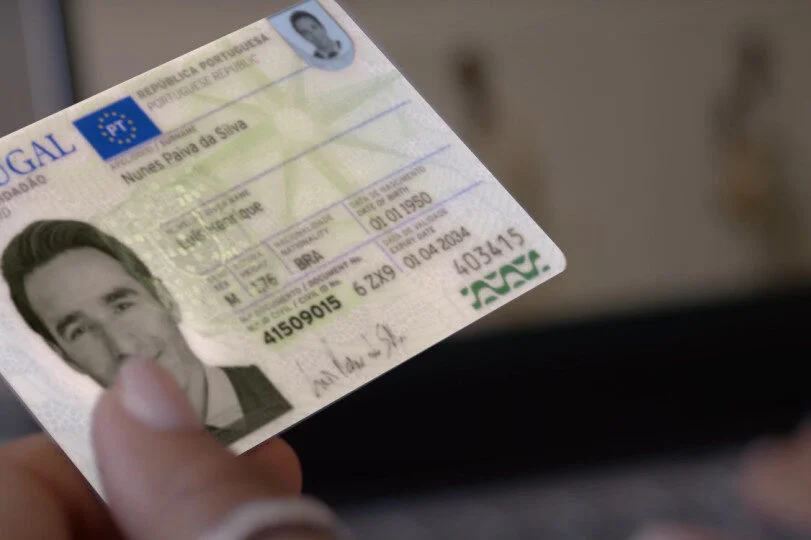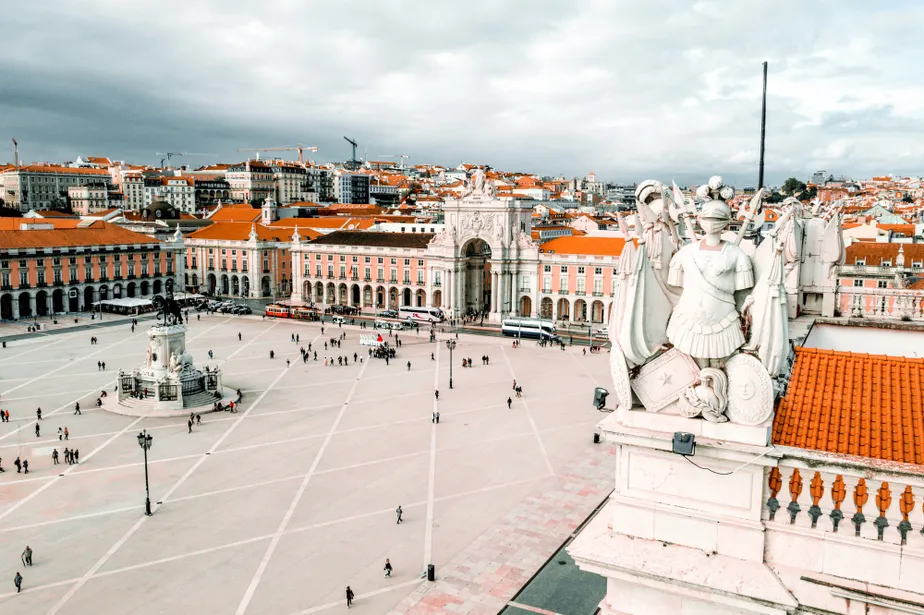Castro e Silva Family

The Castro and Silva left their mark on political history and vast descent, spread throughout Brazil, especially in Ceará.
It is interesting to note that both surnames originated in the Latin language and were used by European nobles. However, while Castro is uncommon, Silva is possibly the most used surname in Brazil, an assertion that cannot be made because there is no official body that makes this type of statistic.
Last name Castro
The word castro comes from the Latin “castrum”, which means castle, fortress, fort. It was used as a surname, initially, in Spain by one of the most noble families of the Iberian Peninsula, so it brings abundant genealogical documentation. It is possible to trace members of this family since at least the 13th century, with the registration of marriages of several Castros with princesses of Hispanic lineage, expanding the socio-political power of this family in the following centuries.
Scholars claim that the surname has a toponymic origin, coming from the village of Castrojeriz (Castro Xerez), a municipality in the province of Burgos, where the ruins of Castillo de Castrojeriz are located, one of the stops on the road to Santiago. The first to use the surname would have been Dom Rui Fernandes de Castro, a rich man of the king D. Afonso VII.
YOU CAN START YOUR GENEALOGICAL TREE.
Last name Silva
Since the Roman empire the surname Silva has been used. There is a historical record about Prosecutor Lucius Flavius Silva, commander of the army who conquered Masada (a mountaintop fortress linked to Jewish rebellion against Roman rule) in 73 AD, however, there is no way to prove that the current Silva, and even the Iberian Silva of the Middle Ages, had ties to the Romans.
It would have originated from the Latin word “silva”, which means jungle, forest, woods, woods. In Portugal, with the Roman presence, many people adopted the term as a surname. In addition, Silva started baptizing several places, such as Torre e Honra de Silva, which was halfway between the parishes of São Julião e Silva, near the municipality of Valença. Even noble families began to use the surname, such as the descendants of the Goth D. Aderaldo, whose son, D. Guterre Alderete de Silva, married a descendant of the nobility of the Royal House of Aragon.
Over time, many other families, noble or not, started to adopt the surname. It became common to find a Silva in any region of the Portuguese kingdom, be it in the islands of Madeira and the Azores and, later, in Brazil, where tailor Pedro da Silva was registered as the first family member to land in 1612. From then on, several "Silvas" arrived, including many people adopted the surname when they arrived in Brazil as a way to restart life in the new lands, anonymously, as it was a surname already quite common in the colonial period.
According to researcher Marcelo Meira Amaral Bogaciovas, many people would have adopted the surname for different reasons, either after converting to the Catholic religion (whether Jews or Muslims) or because they were ex-slaves, who registered with the surname of their former owners in the period Abolition, as well as Indians who became Christians. The mass adoption of the surname by the slaves brought to Brazil is also pointed out by the genealogist Carlos Eduardo Barata, author of the Dictionary of Brazilian Families.
YOU CAN START YOUR GENEALOGICAL TREE.
In addition, in his book “The most common surnames of Brazil”, Claudio Campacci points out that it was common practice among the Portuguese who arrived in Brazil to receive additions to the original surname referring to the places where they settled: those who stayed on the coast, incorporated the “Costa ”, While those who went to the interior of the country, into the forest, won the“ Silva ”.
The Castro e Silva
Historical origins aside, the first Castro e Silva to land in Brazil would have been the Azorean Joseph de Castro e Silva, a native of São Miguel Island, born on September 20, 1709, son of Manoel Dias da Ponte and Maria Lopes. From the documentation of his genealogy it is not possible to indicate how he acquired the surname composed, having among his ancestors many members of the Rocha, Ponte, Baião and, especially, Rodrigues families.
In Brazil, he married the woman from Ceará Anna Clara Silva, born in Russas on August 21, 1732, daughter of the captain Antonio da Silva Cruz and Tereza Maria de Jesus. The couple lived in Aracati, a city from which their vast descendants spread throughout Ceará, where they exercised great political influence.
It is exactly on the part of the wife Anna Clara that this trunk has Sephardic ancestry, by maternal lineage, as well as the second cousins of the branch of the Bezerra de Menezes. Anna Clara's maternal grandmother, Joana Bezerra de Menezes, was descended from the new Christian Belchior da Rosa.
Even with marriages among the most important local families, the composite surname remains used today without much variation. However, branches such as Albuquerque, Leitão, Monte, Ribeiro and Brave, among others, bring the genetic heritage of Castro and Silva. Among the current and illustrious descendants of Joseph de Castro e Silva, the singer Marisa Monte, whose paternal great-grandparents lived in Crato and belonged to the Saboia and Monte families.
Important to remember: Last names are indications, but they do not determine whether or not you are descendants of Sephardic Jews. To prove this link, a genealogical study is really necessary.

New Portuguese citizen? Find out how to issue your identity document.
In recent weeks, many nationality processes have been completed, resulting in hundreds of Martins Castro customers now officially Portuguese. […]

Sephardic Jews: do you have to live in Portugal for three years?
Many doubts have arisen about the changes in Portuguese law regarding the acquisition of nationality by descendants of Jews […]

Martins Castro in the Media: Diário do Nordeste (Brazil)
Couple from Fortaleza obtains Portuguese citizenship after discovering Jewish family expelled from European country Decree-Law grants documentation for relatives of […]